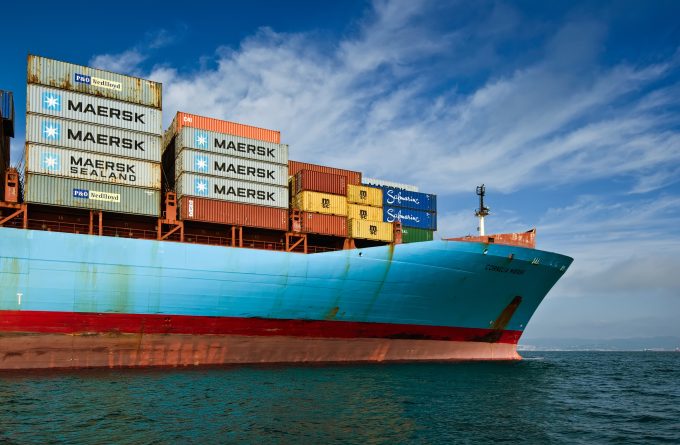Mixed response in US to 'Liberation Day', while China leads wave of retaliation
Some shippers have paused transport into the US amid the chaos thrown up by the ...

Denmark’s International Maritime Organisation (IMO) delegation has proposed a “goal-based” approach for meeting short-term CO2 reduction targets.
The UN maritime body has pledged to cut 40% of shipping emissions by 2030 and will assess various proposals at next month’s Marine Environment Protection Committee (MEPC 74).
However, one source told The Loadstar the shipping community should not expect a final decision.
Denmark’s proposal, submitted in February and seen by The Loadstar, is expected to go down well with Maersk and follows French and Japanese proposals.
“The ‘goal-based’ ...
'Disastrous' DSV-Schenker merger would 'disrupt European haulage market'
New senior management for DSV as it readies for DB Schenker takeover
Volumes set to 'fall off a cliff' as US firms hit the brakes on sourcing and bookings
Asian exporters scramble for ships and boxes to beat 90-day tariff pause
Amazon pushes into LTL for small package fulfilment and UPS does a u-turn
Temporary tariff relief brings on early transpacific peak season
Pre-tariff rush of goods from US to China sees air rates soar, but not for long
Forwarders 'allowing the fox into the chicken run' by supporting 'hungry' carriers

Comment on this article